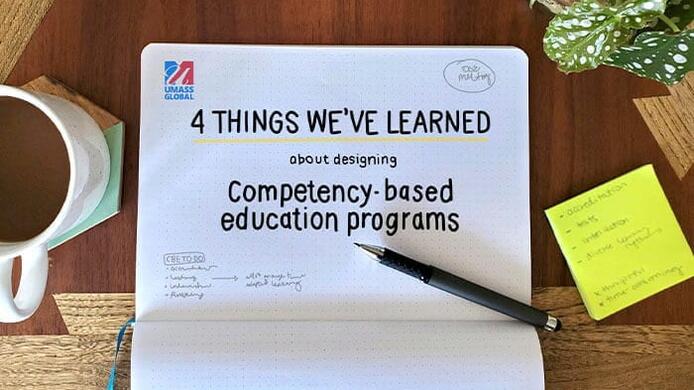The demographics of today’s college population are changing, and learning modalities have evolved to support the needs of these students. In response, many colleges and universities now offer hybrid class and programs, which are especially appealing for adult learners.
All hybrid programs have one thing in common: they offer the unique opportunity to benefit from both in-classroom instruction and at-home learning. Exactly how each hybrid course is formatted, however, may vary depending on the institution – and sometimes depending on the student.
At a school like University of Massachusetts Global, students can enroll in undergraduate, graduate, credential and certificate programs either completely online or in a hybrid format with in-person classes held at 25+ campuses across California and Washington. On-campus classes in these hybrid programs are held in the evenings to accommodate the busy schedules of working students.






